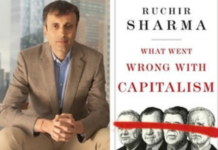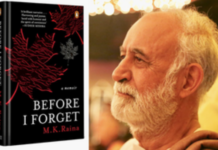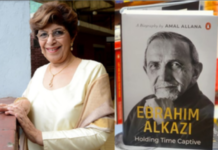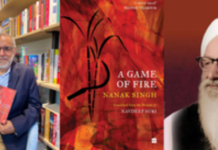By Saket Suman
New Delhi–While Arundhati Roys comeback novel has once again made the cut for the just announced Man Booker Prize longlist, the other books that are running for the 50,000 pound award make it one of the most diverse lists in the race for a literary award in the recent years.
Roy’s comeback novel “The Ministry of Utmost Happiness” is the most celebrated book in the list, which also comprises several other literary heavyweights as well as three debutant writers. For the judges, Roy’s is “a rich and vital book,” but a close look at the longlist reveals that the other contenders for the much coveted prize are on an equal footing.
The judges, according to a Youtube video released by the Prize committee, went through over 150 books in a “relatively short span of time” and were thoroughly impressed by so many unusual and beautiful novels. For author Sarah Hall, a member of the judging panel, it’s been “a thrill to sit down and discover them”. Another member of the panel, Lila Azam Zanganeh, felt that the longlist clearly reflects the “state of fiction today”.
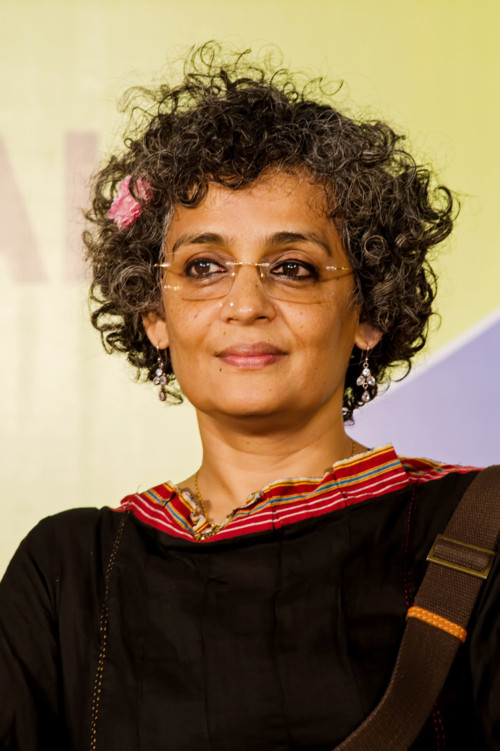
Arundhati Roy’s entry into the longlist, despite her rich credentials and having been a past winner, does not yet guarantee the final victory primarily because the judging panel has overlooked new novels by former Booker winners Salman Rushdie and Roddy Doyle. The reason? All other books which have made the cut deserve the place.
Consider “Exit West” by Mohsin Hamid, for instance. The book poignantly transports the readers to a world or time in the future where migration is peaceful and where people are open to accepting others. Between the lines, the author reminds us that ultimately we have more in common with “others” than the sum total of our differences. Marked by careful symbolisms and imageries, the novel stands to serve the purpose of fiction.
Similarly, Paul Auster’s “4321,” which is an exploration of one man’s four simultaneous lives has been deemed “magisterial” by the judges and is one of the most promising contenders in the list. There is also George Saunders, a noted short-story writer whose first novel “Lincoln in the Bardo” is based on Abraham Lincoln’s visits to the graveyard where his 11-year-old son has been laid to rest. An instant choice by readers of fiction, this book attracted much critical media acclaim in the US.
One should also not ignore “The Underground Railroad” by Colson Whitehead. Based on the troublesome life of a female slave who is trying to escape from a Georgia cotton plantation, the offering has already bagged the Pulitzer and the National Book Award for fiction in the US. “Autumn” by Ali Smith has been described by the judging panel as “humane, zany, delightful, optimistic” while “Swing Time” by Zadie Smith is the classic story of the friendship and rivalry between two London girls who meet at a dance class.
Also in the race for the prize this year are four UK and four US authors; there are two from Ireland, two UK-Pakistanis. Of the 13 shortlisted entries, the ratio is seven men to six women. Three novels which have made it to the list are from independent publishers while three others are by first-time writers.
Even as Arundhati Roy is the most celebrated name in the longlist, the Man Booker has often surprised readers across the globe with its verdict. For now, the race seems too close to call until the winner is announced on October 17. (IANS)



